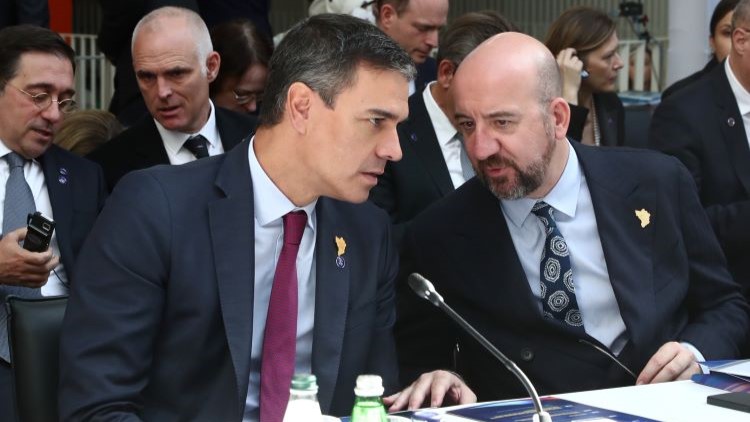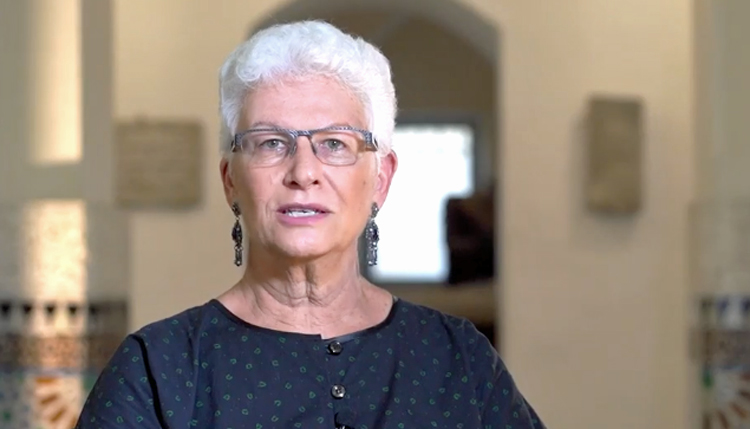Eduardo González
The Government of Spain, the country currently holding the rotating Presidency of the EU Council, has waited for the Union to adopt a common position on the Middle East before announcing its own formal position on the serious security crisis generated by the Hamas attacks and the subsequent Israeli military response, all this amidst the existing differences both in the coalition Executive and within the EU itself.
During the opening session of the Berlin Process Leaders’ Summit, held today in Tirana and which brings together the EU states and those aspiring to join the Union, the acting Prime Minister, Pedro Sánchez, today reiterated his “condemnation of the Hamas attack against Israel” and assured that “Israel has the legitimate right to defend itself within International Law and Humanitarian Law”.
At the same time, he warned that “the protection of civilians is essential, as well as the access of international aid for those in need, especially in the Gaza Strip”, and insisted (in line with Spain’s traditional position on the Middle East) that “the only way to definitively resolve the conflict is the recognition of the two States, so that they can coexist in peace and security”.
Sánchez’s statements perfectly summarize the “common position” agreed on Sunday by the European Council, in which the 27 EU leaders condemned “with the utmost firmness Hamas and the brutal and indiscriminate terrorist attacks that this organization has committed in different parts of Israel” and stressed “firmly the right of Israel to defend itself, in accordance with international and humanitarian law”.
They also reiterated “the importance of the protection of all civilians at all times in accordance with international humanitarian law,” called “on Hamas to release all hostages immediately and without preconditions,” and expressed their “readiness to continue to support the neediest civilians in Gaza, in coordination with our partners, ensuring that such assistance is not abused by terrorist organizations.”
In the joint statement, the EU leaders also warned of the need to “prevent the regional escalation of this conflict” and expressed their determination to “find a lasting and sustainable peace based on a two-state solution by revitalizing efforts in the framework of the Middle East peace process”, underlining “the need to engage comprehensively with the legitimate Palestinian authorities and with regional and international partners who can play a positive role in preventing further escalation”. The President of the Council, Charles Michel, has called for tomorrow Tuesday a meeting by videoconference of European leaders to “set a common position and a unified and clear line of action” of the EU.
Following Pedro Sánchez’s statement, Sumar, the political party of acting Vice President Yolanda Diaz, yesterday warned the PSOE that it will condition its support for the investiture of the President of the Government on Spain recognizing the Palestinian State “in a clear and unequivocal manner” and unconditionally, unilaterally and without waiting for a prior consensus within the European Union. The Congress of Deputies approved almost nine years ago, in November 2014, a Proposition not of Law to authorize the Government to recognize the Palestinian State. The proposal had the support of the Popular Party, which at that time controlled the Government under the presidency of Mariano Rajoy.







